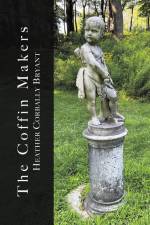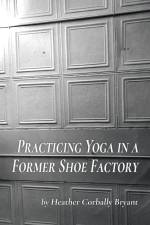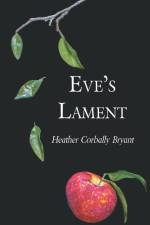av Heather Corbally Bryant
237
Eve's Lament chronicles the poetic journey of a woman in an abusive relationship who is beginning to open her eyes, clear her throat, and speak her own truth in the midst of motherhood, marriage, and betrayal. The speaker is attuned to the miracles of the natural world, the poets and artists who have come before her, and the place of truth in all our lives. In this era of women finally being able to recount their traumas, Eve's Lament illustrates the power of finding a voice, of saying what really happened, of breaking the taboos around silence and shame. In careful language, the poet observes the world around her with intensity and focus; she responds to the cycle of the seasons, and she draws a shield around the inviolability of self, no matter the source of the attack. Most of all, Eve's Lament conveys the power of what can happen when women take charge of writing their own stories, rather than allowing men to control their narratives. Set largely in New England, these poems are meditations upon the domestic sphere, but from the point of view of the artist rather than the victim. The poems offer hope to the speaker's children, to the next generation, that they can pursue the life they desire, rather than the one imposed upon them.





